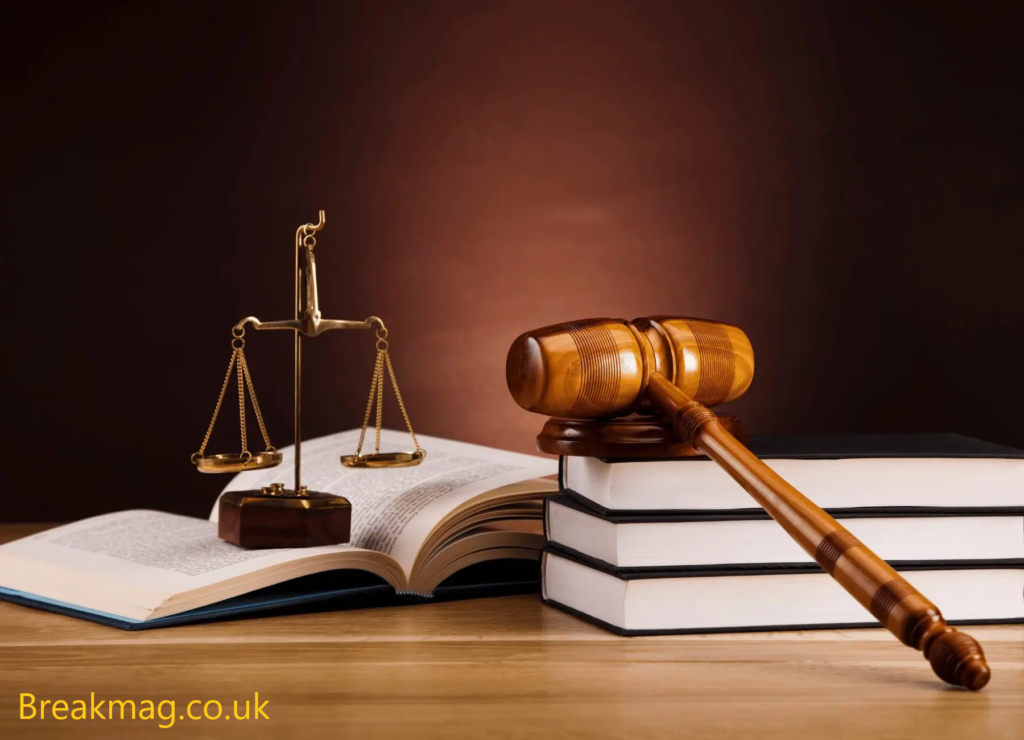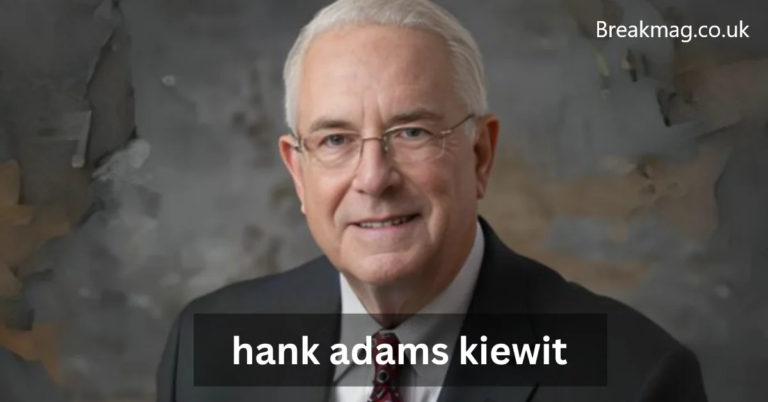
Introduction
The quote, It Is Not Wisdom but Authority That Makes a Law – T. Tymoff, gives a profound remark about the character of felony and governmental structures. It highlights a significant reality: laws are mounted and enforced now not necessarily due to the fact they’re clever, but due to the fact they’re sponsored by way of authority. This assertion brings into question the relationship between strength, knowledge, and justice in legislative and governing processes.
Understanding Authority and Wisdom
Authority refers to the legitimate energy or right to implement regulations, make choices, and command obedience. It is often derived from a diagnosed function, consisting of government officers, monarchs, or legislative bodies.
Wisdom, then again, is the capacity to make sound decisions primarily based on expertise, revel in, and ethical issues. Wisdom embodies equity, empathy, and long-time period imaginative and prescient.
When authority creates laws with out know-how, the effects can range from ineffective governance to unjust societies.
The Role of Authority in Lawmaking
In most societies, authority serves as the foundation of lawmaking. Governments, parliaments, and leaders possess the energy to create, modify, and implement laws. However, the mere existence of authority does no longer guarantee that laws are smart or simply.
Historical examples, such as authoritarian regimes and oppressive legal guidelines, illustrate the risks of authority running with out expertise. Laws applied totally to consolidate energy or serve the interests of a select few regularly bring about societal harm.
Why Wisdom Alone Cannot Make a Law
While knowledge is crucial for true governance, it lacks the energy to enforce compliance. A wise character or philosophy can also suggest sound and moral legal guidelines, but without authority to back them, those ideas continue to be theoretical.
Authority affords shape, enforcement, and legitimacy. For instance, the abolition of slavery changed into a wise and just choice, but it required authoritative strength to put in force and put in force one of these enormous trade.
Striking a Balance Between Authority and Wisdom
For a felony machine to be effective and just, there should be a stability among authority and expertise. Authority without know-how dangers developing unjust or oppressive laws, at the same time as understanding without authority lacks the power to enact trade.
In democratic systems, assessments and balances, public participation, and transparent governance attempt to align authority with understanding. Institutions inclusive of courts and advisory our bodies serve to make sure that authority is exercised responsibly.
Historical Context of the Quote
Throughout history, leaders and governments have faced the catch 22 situation of authority as opposed to awareness. Figures like Socrates, Gandhi, and Martin Luther King Jr. Recommended for laws rooted in expertise and morality in preference to blind authority.
However, history additionally famous times in which authority was wielded without information, main to wars, oppression, and social injustice. Understanding this dynamic is key to constructing fair and useful societies.
Conclusion
The quote, “It is not expertise but authority that makes a law,” serves as a reminder of the electricity dynamics inherent in governance. Authority is important to set up and enforce legal guidelines, however wisdom must guide authority to make certain equity, justice, and long-term societal properly-being.




